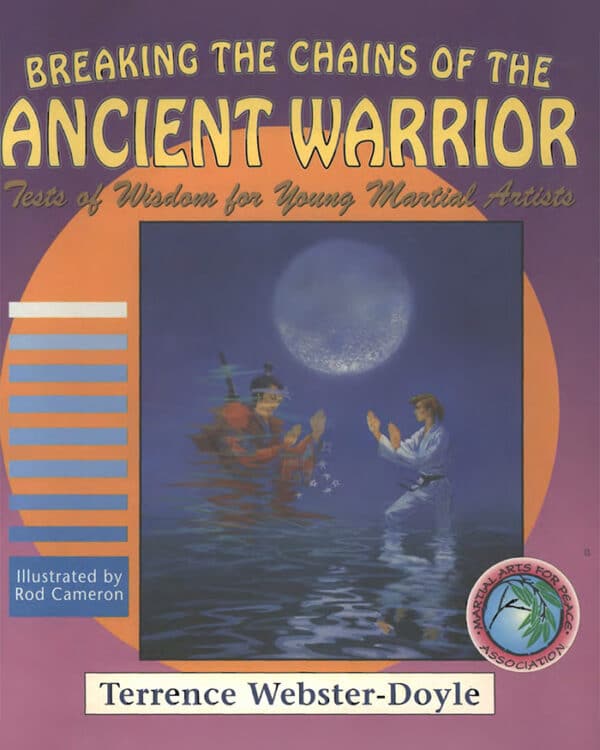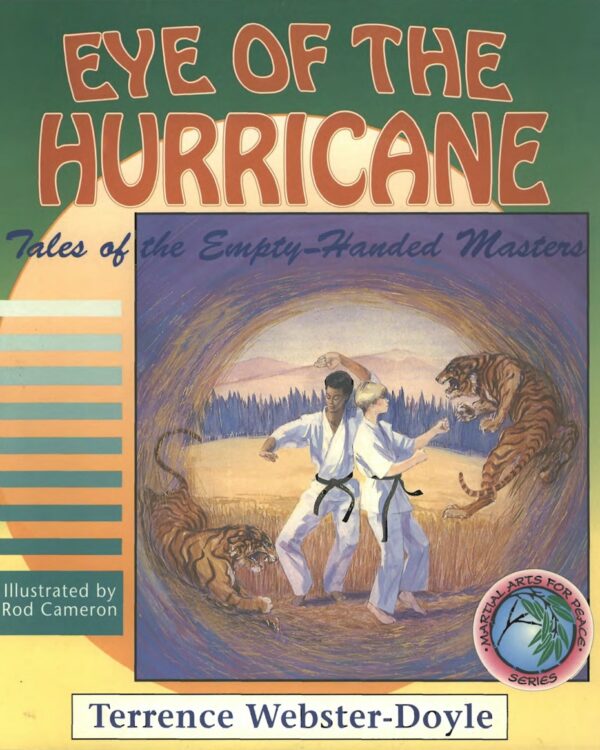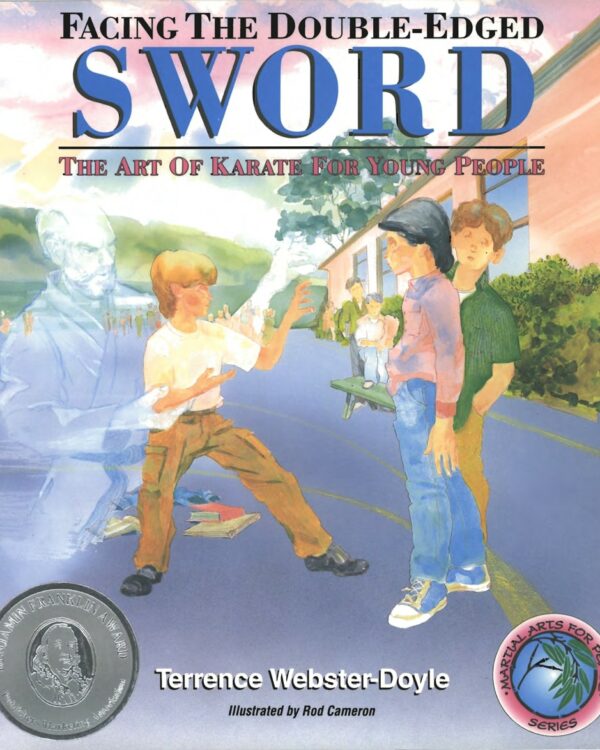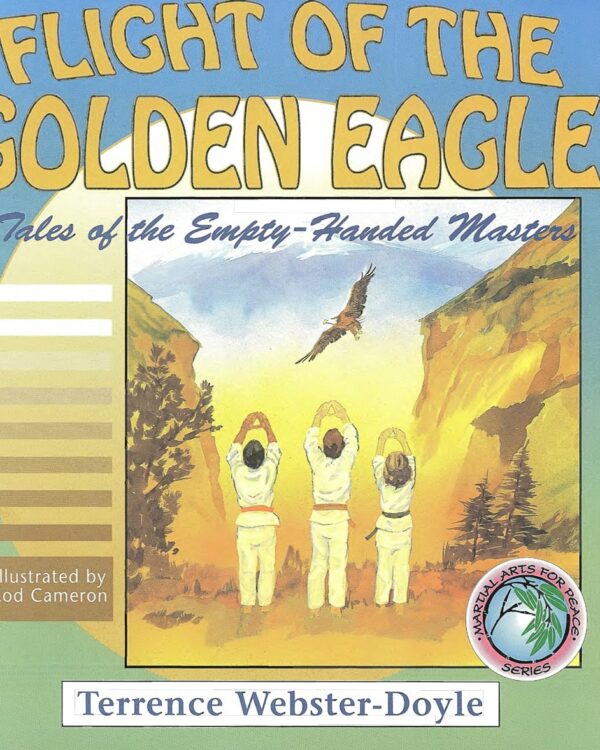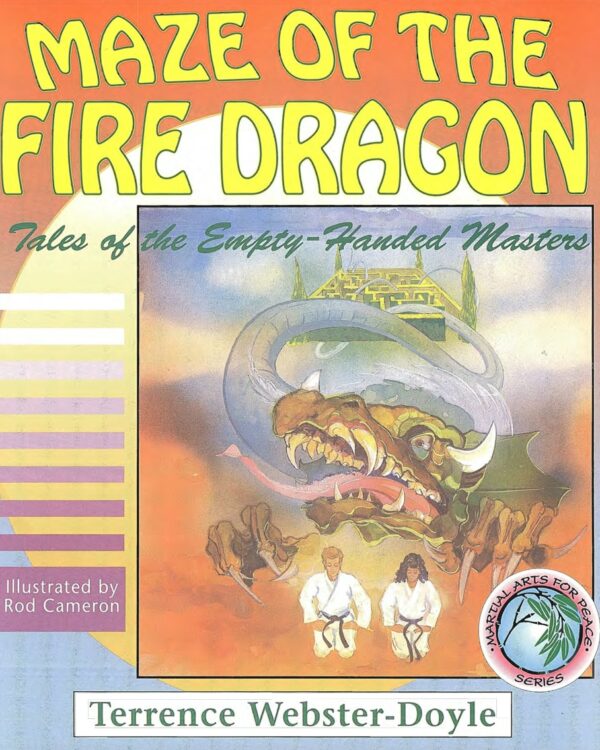How Beginner’s Mind Helps You Break Free from the Past

Beginner’s Mind: The Test of Wisdom
Three students were sitting cross-legged on a hillside overlooking a wide, long valley. The sun behind them bathed everything in golden, late afternoon light. Lofty, lazy puffs of clouds hung suspended in the sky. A gentle breeze cooled the backs of the students. Birds flew silently from tree to tree. Silence was everywhere.
The students sat with their hands folded gently in their laps. Their eyes looked down at the ground. They were oblivious to the beauty around them. Nothing distracted their intended objective. They breathed in a controlled, precise manner. They seemed asleep, yet were indeed conscious-but not awake.
The teacher approached them from behind. He stopped for a few moments and keenly observed the students. He picked up two good-sized rocks and began to rub them together, creating an irritating, grinding sound. At first, the noise did not seem to bother the three students. After awhile, however, they could no longer keep their silence.
Martial Arts Resources
-
Breaking the Chains of the Ancient Warrior
Download Now$10.00 -
Eye of the Hurricane
Download Now$10.00 -
Facing the Double Edged Sword
Download Now$10.00 -
Operation Warhawks: How Young People Become Warriors
Download Now$10.00 -
Flight of the Golden Eagle
Download Now$10.00 -
Maze of the Fire Dragon
Download Now$10.00
Rubbing Stones
“Excuse me, sir, but what are you doing?” asked one of the students, trying not to sound annoyed.
“I am rubbing stones together to make a mirror,” the teacher called back, continuing to grind the stones.
“You cannot create a mirror by rubbing two stones together,” the student responded politely. This time, however, there was a hint of irritation in her voice.
“Neither can you attain enlightenment by sitting cross-legged,” responded the teacher with a smile.
“But, sir, this meditation was handed down to us from our teacher’s teacher’s teacher. It comes from the time of the enlightened one from the Orient. Our style can be traced back to the original monastery where the martial arts began. Sitting meditation is our heritage; it calms the small mind so the big mind can enter. Through sitting, one will obtain enlightenment, freedom from the prison of illusionary thought and freedom from the warrior’s past,” the student replied proudly.
“Dear students, what is it you are trying to get free of?” asked the teacher.
“We are freeing ourselves from ourselves-our desires, our past which chains us to the present,” one of the students answered.
“How can you free yourself? This is like trying to lift yourself up by your own bootstraps! You are the chains. You are the past. You are the ancient warrior. Trying to get rid of the chains of the past is futile, because the you who is trying to free yourself from the past is one and the same person. It’s like trying to divide yourself up into two people-the past person who is not wanted and the present person who is trying to dismiss the past person. Like a house of mirrors, it is a trick of the mind.
“We are so greedy,” the teacher continued. “We think we can get everything. Money, fame, position, power and the most desired achievement of all enlightenment, that pure state of being, free from suffering and pain. But trying to free ourselves by some mechanical practice such as sitting only creates the illusion of freedom and brings more annoyance, pain and conflict.”
“But, sir, this tradition has been ongoing for thousands of years. It is the way of the ancient martial arts masters,” the student replied in a shocked tone.
Thousands of Years
“What makes you think that simply because something has been going on for thousands of years it is right?” asked the teacher. “And why do you unquestioningly accept the authority of the ‘masters of old’? How do you know they were right? If you accept the authority of the past because it sounds impressive and it is old, then you become a blind follower. And you will only create more suffering. Find out for yourself what is true! Ask questions; you will become alert and intelligent. It is this intelligence, this questioning that will help you understand the chains of the past. And your misconceptions will end. You will not gain this insight from sitting here. You will, however, get this from being alive, awake and sensitive. You will achieve this.
“Certainly, the intelligent martial artist has respect for his or her teachers and elders but does not blindly follow their psychological authority, no matter how old their style, no matter how far back their teacher’s lineage goes,” said the teacher. “It doesn’t matter if you have any heritage. What’s important is to look for yourself at this immense problem of conflict in human relationships-how we are chained to the past, the warrior and the mentality of war. A martial art can give you physical skill and a deep inward confidence so you do not automatically react to a threat by fighting or running away. It can also bring you to a point of psychological understanding of how the human brain has been conditioned to accept fighting and war as an honorable solution to solving the problems of relationship.”
“Excuse me for being rude, but who are you to say that?” one of the students challenged, offended by the teacher’s words. “Who are you to tell us what to do? How do you know? Isn’t that just your opinion?”
“I appreciate your boldness in questioning me,” said the teacher. “This is just what we are encouraging you to do. But we are also asking you to listen and find out for yourselves if what we say is true. I am not asking you to accept what I tell you; however, I am asking you to take it into consideration, to see if there is truth in it. For if you find out what I have said to be the truth, then it is not my truth-it is a truth anyone can see. Therefore, I don’t have to tell you what to do or not to do. You will know. Do you understand?”
“What you say is a shock to us because we believe in our teachers and their absolute authority,” the student said. “In our school, we repeat the sayings of the masters, but now I am wondering about this. I’ve never questioned it before; no one pointed out this was something to question. I have just accepted what was considered to be true. We repeat the school slogan each day at the start of practice, but now I wonder if this is just another habit which dulls the brain and puts us to sleep,” one of the students responded thoughtfully.
Beginner’s Mind
“Looking at life anew is called ‘Beginner’s Mind,”‘ explained the teacher. “Such a mind is ‘pure’ and sees life with freshness and vitality; much like a child’s mind. It is innocent and curious. An alert, active, and alive mind questions the authority of the past and sees through illusions. This ‘Beginner’s Mind is not habitual or mechanical. It does not a asleep under the weight and authority of the past or of the ‘Great Masters,’ no matter how glorious that past may sound or how important those teachers seem.
“But be very careful. Don’t fall in love with the words ‘Beginner’s Mind’ either! If you do, then you have again fallen into the trap, because words have then taken on the power and illusion of authority. You might think, I am obtaining ‘Beginner’s Mind,’ and be caught up by the same old game of trying to get to an imagined state of freedom.
Watch, be alert, and question. Now-how will you know if I am saying the truth or not?”
